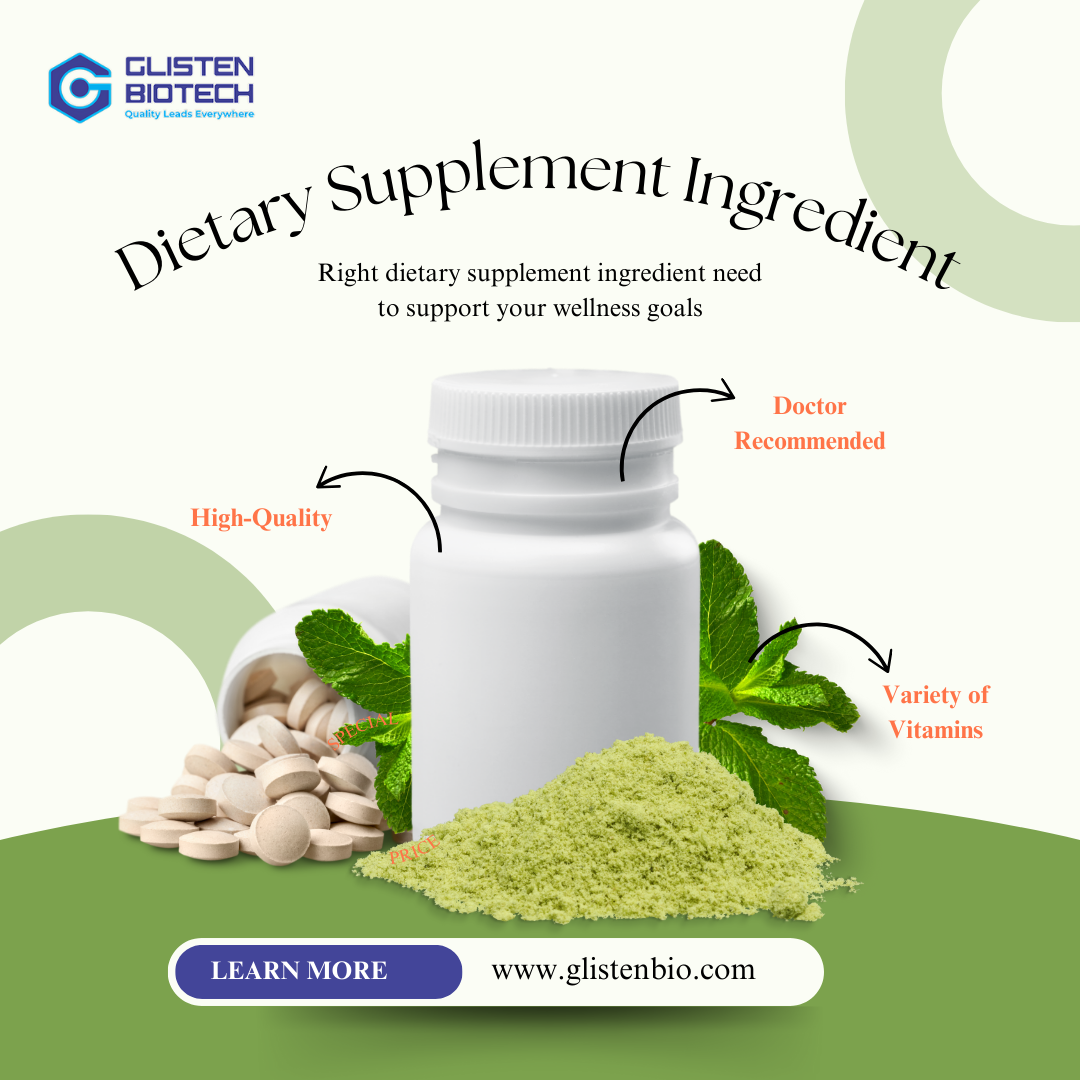Right Dietary Supplement Ingredient
It is not the choice of the supplement ingredients by popularity, but the best one applicable to the individual. To achieve this, you ought to be familiar with your health, quality-oriented and precise on what your body needs.
The vast array of vitamins, minerals, herbs, amino acids and other nutrients in use today allows one to essentially match their own specific requirement to the right dietary supplement ingredient in the delivery form and in the right dose.
Find out your Purpose First
Such considerations are in order before you decide to purchase a supplement. Without a clear idea, you can easily spend money on goods that do not help.
The reasons why people take supplements are some common ones as follows:
- Increasing energy and becoming livelier every day.
- Helping digestion and healing the gut.
- Boosting the immune system.
- Remedying particular nutrient deficiencies.
- Assistance with recovery or rest for muscles.
- Enhancing the powers of concentration and mental sharpness.
Value Quality and Purity
Not every supplement is created alike. The quality lies in the raw ingredients used, their production process and how they are tested for their safety and efficacy.
There are several things it is good to pay attention to when deciding on a supplement:
- See whether there are third-party testing certifications of purity and potency.
- Seek out clear lists of ingredients that do not use any extra fillers or artificial colors.
- The manufacturer should also adhere to good manufacturing practices (GMP).
Understand Bioavailability
The term bioavailability is simply the ability of your body to absorb and utilize a nutrient. The degree to which the ingredient must be in may also be a huge factor in its effectiveness.
For example:
- Magnesium citrate is more likely to be absorbed than magnesium oxide.
- Fat-soluble vitamins (vitamin A, vitamin D, vitamin E, and K) are more compatible as the vitamins are taken with food containing optimal amounts of fats.
- Herbs such as turmeric may require the aid of something like piperine (associated with black pepper) to enable your body to better absorb them.
Getting the Dose Correct
Your dosage is as important as what you are dosing. The former may not have a significant effect, whereas the latter may result in side effects.
Remember these facts:
- It is not always that more is better.
- Read the label directions or instructions, or what your healthcare provider prescribes and adhere to it.
- Take stock of what you are already receiving through your food and then add in a diet supplement.
Look up Interactions
Other components of supplements may interfere with your drugs or other supplements. This may lead to ineffective treatments, or they may have side effects.
Particularly, you should consult it when:
- Medicines to take due to persistent health problems.
- Taking a combination of supplements simultaneously.
- Pregnant or breastfeeding.
Assess Labels/Transparency of Brands
Well-known brands communicate with their suppliers and check openly.
On checking labels, look out for:
- Serving amount and per serving.
- Specific amounts of every component.
- Allergen information.
- The location at which the product was manufactured and the standards adopted by the product.
These details will help you make wiser decisions regarding supplements and feel good about what you are using by paying attention to them.
Keep Track of Your Performance
Initiating a new supplement is not a decision that has to be made. It is also crucial to monitor the changes that your body may undergo in the next few weeks.
You might want to start a basic journal and record whatever changes in you:
- Energy levels.
- Attitude and cognition.
- Intestinal absorption and gastrointestinal ease.
- Recovery and physical performance.

